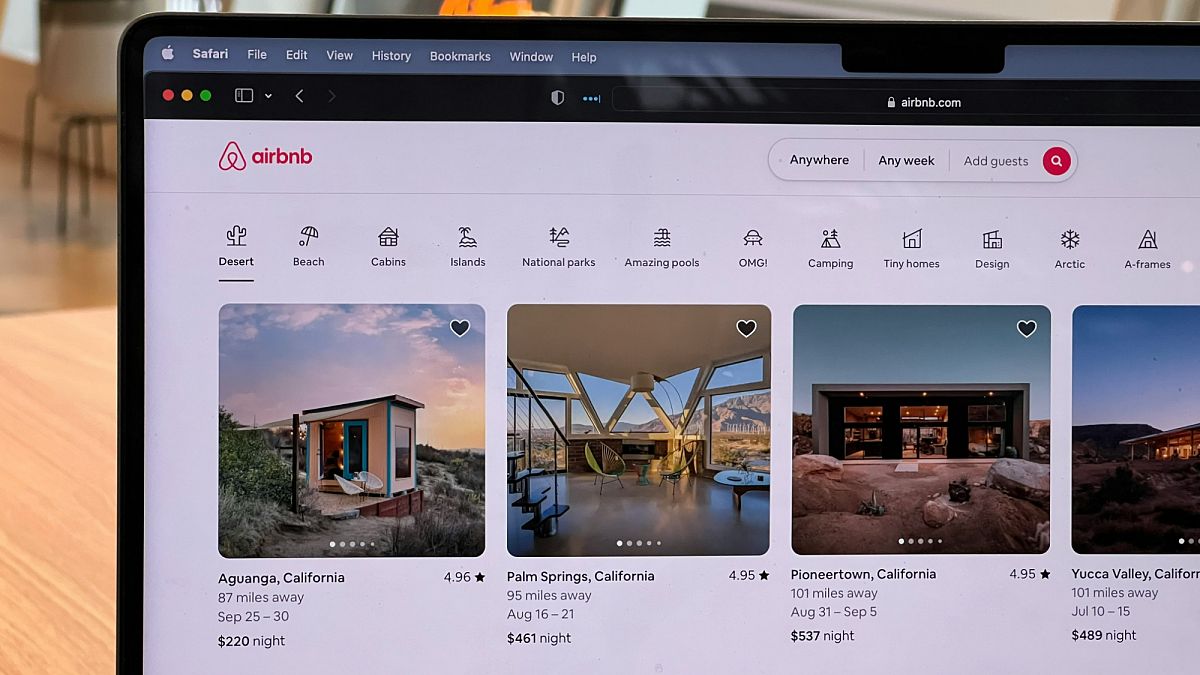Let that alter-ego shine.
According to a survey conducted by Faye Travel Insurance, most people become a different version of themselves when they are on vacation — and rightfully so.
The insurance company surveyed 3,000 US travelers and nearly half of them said they learn different parts of themselves when they have a change of scenery.
The survey revealed that 45% of Americans let their adventurous, fun side come out on vacay.
Some of these unexpected behaviors include, spending time more freely (52%), trying unfamliar foods (40%) and being open to more risk taking (45%) — perhaps like telling white lies about their identity when away from home, since nearly half of participants admitted to doing that.
One of the least surprising revelations from the survey is that 42% of people are more friendly — and why wouldn’t they be when they’re lounging poolside with a piña colada in hand without a care in the world.
The Faye team also pointed out that 40% feel like a different person entirely and 60% of those surveyed believe that the travel alter-ego that comes out when they’re away is their truest self.
Some of these travel personas include: the explorer (19%), the quiet observer (12%), the solo wanderer (8%), the luxury lover (8%) and the foodie (8%).
In addition to this, it turns out there are many health benefits to jetsetting.

One study found that people who traveled once a year for nine consecutive years increased their longevity by approximately 20%. Those same people also reduce their risk of dying from heart-related conditions by 30%.
Yearly trips also reduce high blood pressure, lower blood sugar levels and help a person maintain cholesterol and triglycerides levels — all things that can lead to serious heart conditions if ignored.
If a week-long yearly trip isn’t your style, travelers can also benefit from shorter trips.
According to research, those who get out of town for a long weekend don’t feel as stressed, tired or depressed compared to those who barely use their PTO.
“Vacations provide a buffer against chronic stress and inflammation — both of which wreak havoc on the body,” Brooks B. Gump, a professor of public health at Syracuse University told the Washington Post in an interview.
Take this as a sign to put in your PTO and book your next vacation — it does a person good.













